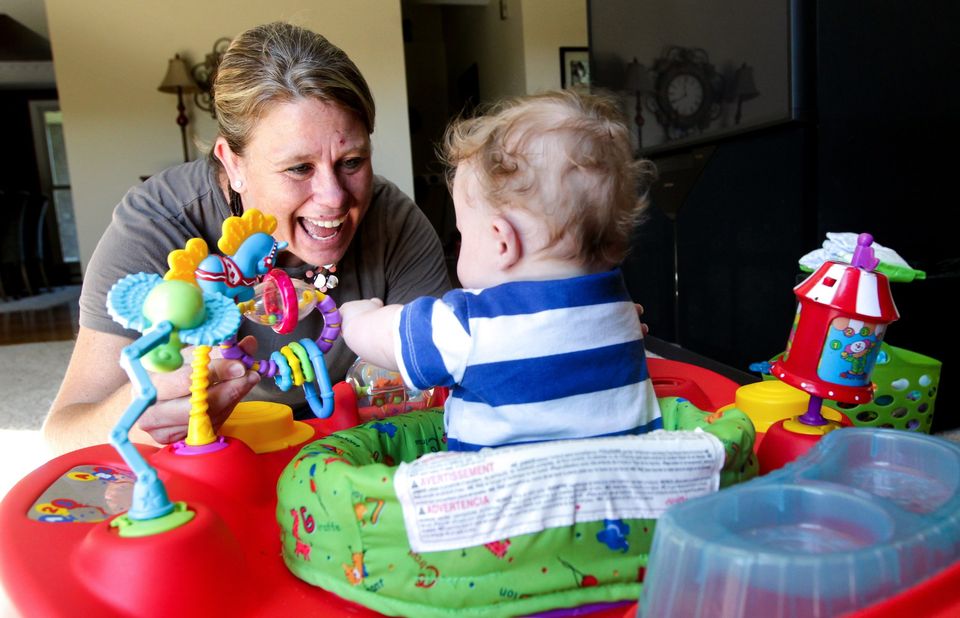Many parents fostering can attest to the fact that the experience is as challenging as it is rewarding. A foster parent has the huge responsibility of caring for a child and transforming him into a respectable member of the society. The decision to do so is admirable indeed. However, such parents must ensure that their home offers a safe atmosphere.
There are numerous emotional challenges that are normally overlooked. It’s imperative to know both the advantages and disadvantages of the situation beforehand.
The Pros:
§ Purposeful Life
Parents who’ve chosen this rare, commendable path live a purposeful life. This is due to the humane act of bringing an outsider into their family. This shows that the other members of the family, and not just the parent(s), regard the welfare of others, just as they do theirs. Giving a child a second chance at a better life is something that enhances a person’s outlook and social standing.
§ State Support
The government understands that the process of caring for such a child is not easy. This is why they provide all the emotional and financial support that they can to such parents. However, you’ll be required to provide proof that you’re capable of caring for the child (plus your current family) for the fostering to be approved. In the unfortunate event that you lose your job or cannot provide for the family due to unavoidable circumstances, the state will step in.
§ Social Benefits
The major social benefit of fostering is the fact that enhancing a child’s skill equals enhancing the society. Some of these children are social misfits simply because no one shows them the love and care they crave for. Also, fostering helps people to build on their parenting skills while giving back to society at the same time. The other family members, especially the children, will get the chance of interacting and sharing with other children from unfortunate backgrounds.
The Cons:
§ Separation
Many parents tend to forget the vital fact that fostering is not a permanent situation. The family will only be required to live with the children for a limited time period before they’re adopted. Other children re-unite with their biological parents later in life. Some families find it hard to accept that the child will leave them one day. Psychologists reveal that this separation usually leaves a long-term impact, especially in the aspects of emotions.
§ Limited Helping Capability
Since fostering is temporary, some parents end up feeling limited in their ability to help the child. Nurturing a child normally dictates that the process continues for decades so that the parents can gauge their success in that regard. In addition to this, other parents may feel like they’ve not helped much by providing for the child only for the short time duration. This is a concept that many struggle with when fostering a child.
Parents who foster children are a special lot. They seize the rare opportunity of providing for another helpless human being during his time of need. Before signing up for such a program, consider the age of the child.
In general, pre-teens are easier to deal with since they’re still inquisitive and possess the ability of transforming for the better. Teens, on the other hand, may present a problem, particularly when they’ve been through traumatic childhood experiences.

